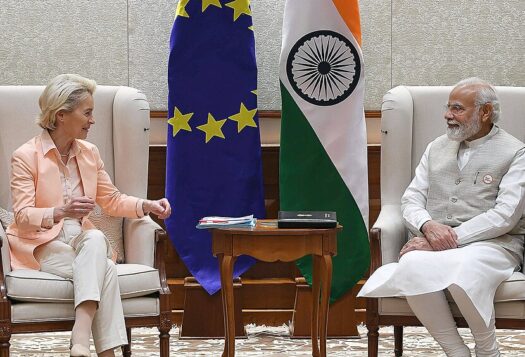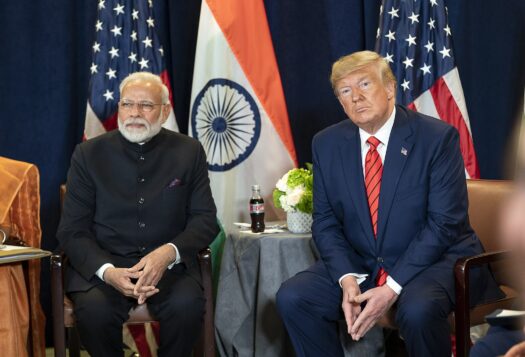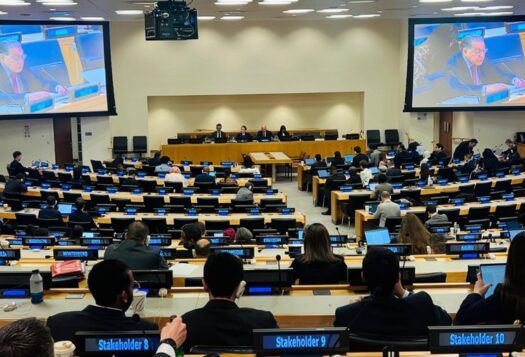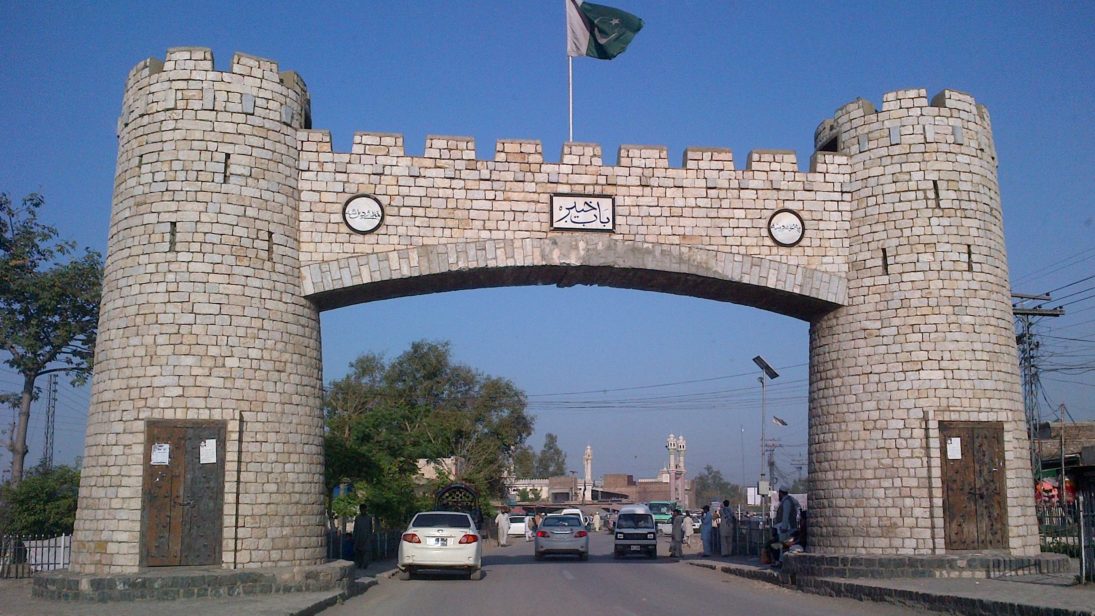
On September 6th, 2021, Pakistani senior journalist and current Editor at Dawn in Peshawar Ismail Khan spoke with SAV Managing Editor Brigitta Schuchert on issues related to Pakistan’s role in Afghanistan after the Taliban’s recent takeover of the government, militancy in the region, and the resurgence of the TTP.
***
What does the Taliban’s return to power in Afghanistan mean for Pakistan?
Right now, there is still the question of what the Taliban will do next. There was a certain degree of optimism that the Taliban would consider the concerns of not just Pakistan but of neighboring countries and the international community, in terms of whether the new government will be inclusive and representative. The question is, what does the Afghan Taliban mean by inclusive? Would they include some of the political elite from the past, such as Abdullah Abdullah, Hamid Karzai, or other political opponents, like the Northern Alliance, the Panjshiris and the Hazaras and Uzbeks, and the former warlord parties, who wielded a lot of power before the Taliban’s ascension? There is also the question of representation of different ethnic groups and communities in Afghanistan, because that would define and set the course for the Taliban’s governance and stability in the country.
Besides this, the other question is what system of governance is the Taliban willing to bring in to replace the previous one? What are they going to do with the constitution? In my opinion, they will do away with it and frame their own. If you followed what the Taliban spokesperson, Zabihullah Mujahid, said, then I think this question is still open. What Mujahid hinted at was that there may be a new council of leaders which will define the system and mode of governance. The Taliban’s decisions and how they address these questions will define what turn Afghanistan will take. This turn will of course mean something to Pakistan—in the past forty years our tribal regions have seen a lot of turmoil, bloodshed, violence, terrorism, military operations, and huge displacement—so it will have implications for us.
It is of some relief to Pakistan that significant Indian influence in Kabul has, at least for now, gone away. But our problems are not over. The Tehreek-e-Taliban (TTP) is still there, and it has gone on the offensive since the Taliban takeover. This is a very serious issue. We know the Taliban have been promising that Afghan soil not be allowed for attacks against any other country, but in our case, this is already happening—the TTP has shown itself and has manifested itself in escalating attacks inside Pakistan.
We know the Taliban have been promising that Afghan soil not be allowed for attacks against any other country, but in our case, this is already happening—the TTP has shown itself and has manifested itself in escalating attacks inside Pakistan.
The other issue of concern was an exodus of Afghan refugees and that we will have tens of thousands of refugees on our borders. This did not happen. We did not see large-scale refugees coming over the border and, at least for now, this is not an issue. The issue is what happens next. Whether the Taliban government will be inclusive, whether it will be representative and acceptable to Afghanistan’s neighbors, and then by extension to the international community. Then the second part is the security aspect. The presence of foreign groups, more importantly for us, the TTP.
With the Taliban recently announcing that they had completed the takeover of Afghanistan, do you anticipate that they will be able to hold on to this control? Or is there a risk of renewed conflict?
I think it is far from certain. Holding the countryside is one thing but keeping control of the entire country with approximately 70,000 fighters will remain a challenge. If there are problems with the government, if you have dissenting voices, or issues with ethnic or other groups, such as individual tribal groups, then it will be a problem for the Taliban. I think it largely depends on how they go about forming this new government, and what sort of system they introduce will define what happens next.
How do you see the Taliban approaching their relationship with Pakistan now that they are back in power?
I think it is too early to say. With the Taliban there has always been this quid pro quo—I scratch your back you scratch mine—kind of relationship with Pakistan. They knew what our stakes were, and we knew what their stakes were. I do not think they would go beyond their interests to accommodate Pakistan’s interests. They will do what they think would be best for them. That is why I think if we had that sort of leverage towards the Afghan Taliban, the first thing the Taliban would have done—or should have done a long time ago—would have been to shut down the TTP operating bases in Afghanistan, because they’ve always had the support. The TTP pledges its allegiance to the Afghan Taliban and their emir, Haibatullah Akhundzada, for one. And two, they have been coordinating, they have been fighting alongside the Afghan Taliban, they have given sanctuary to the Afghan Taliban, when they were operating from our tribal region. And then there are ethnic and tribal affinities with the Afghan Taliban.
What levers does Pakistan have to try to shape the Taliban’s behavior under these new circumstances?
The only thing Pakistan can do at this moment is reach out, just like the Prime Minister did yesterday, calling the Saudi Crown Prince, Mohammed bin Salman, talking to heads of the Gulf states, pleading with the international community to take into account the situation in Afghanistan and the humanitarian crisis that is coming up. The Taliban are hard-pressed. They have no money. Pakistan is trying to speak to the international community on the Taliban’s behalf. We are sort of the conduit, and we can convey the international community’s concerns to the Afghan Taliban. We are probably doing it more because we are keeping our own concerns in mind, if the situation deteriorates in Afghanistan, if there is a humanitarian crisis, which looks likely, then we will have a very big problem at our border.
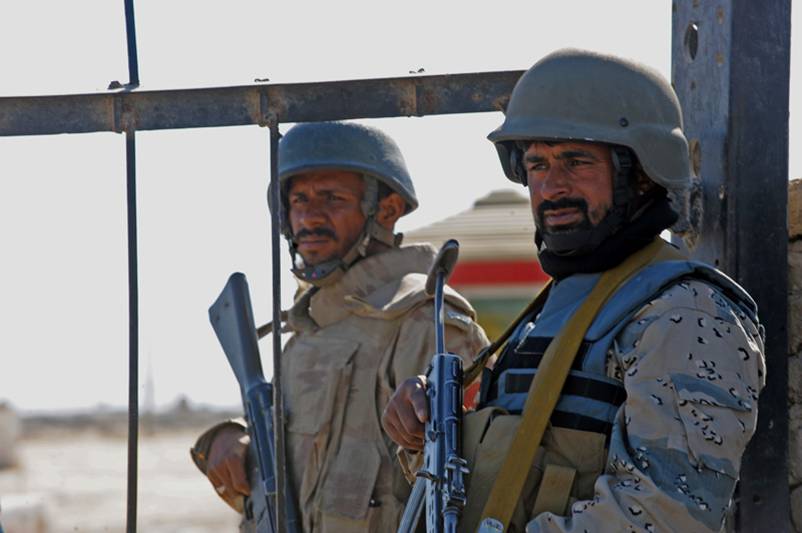
My understanding is that we are doing what we always have been doing: speaking to the Taliban and trying to convince them. If they get convinced, they say yes. If they don’t, they just sort of brush us aside. I think the influence is limited. But, at the moment, the only country which is somewhat standing up for the Taliban, short of actually recognizing them, is Pakistan. So, the Taliban would listen attentively, but listen to the extent that suits them best.
How might militants across the region might respond to the Taliban’s return to power? How will the situation impact life and security in areas, and in Khyber Pakhtunkhwa specifically, along the border?
What we are seeing is a celebration on social media. There is this back and forth between al Qaeda and ISIS because ISIS is opposed to Afghan Taliban and see the Taliban as a sellout of their ideology. But al Qaeda and other militant organizations have gained from the Taliban’s victory. The Taliban celebrated Americans’ withdrawal or defeat, as they describe it. The TTP has not only praised and hailed it, but it has stepped up. That is the practical manifestation of one militant group, which is active in Pakistan. We will have to see what impact this has on other groups, al Qaeda and the East Turkestan Islamic Movement (ETIM)—obviously of major concern to the Chinese—the Islamic Movement of Uzbekistan, and others. We do not know what sort of mechanism the Taliban agreed to in the Doha agreement. We have not seen if there is any enforceable or verifiable mechanism to see if any group is compliant with the Taliban commitment and pledge, and what the Taliban will or will not do. What we do know is that the TTP is stepping up. The Afghan Taliban knows it because the Pakistanis have been sharing their concerns.
The immediate, obvious concern for Pakistan’s internal security is the presence of the TTP across the border. And now we can’t even blame the NDS or RAW for that matter. It is the Afghan Taliban, pure and simple.
The Pakistanis have been talking to the Afghan Taliban about the TTP and about the Baloch separatists because the Baloch separatists were previously thought to have been living in areas in and around Kandahar, which was largely under the control of the then-Afghan government. But the TTP would continue to live in the border areas. They have active bases in the tribal areas in Afghanistan on the Pakistan’s border, and the Pakistanis have been speaking to the Afghan Taliban. The Taliban, on Pakistan’s prodding, had formed a three-member commission, of senior Afghan Taliban leaders to speak to the TTP and try to rein them in and stop the attacks. This hasn’t happened.
My assumption is that the Afghan Taliban have repeated what has been the standard reply that “we are in a state of war, we have the foreign occupation force, and we will deal with the TTP when the time comes.” Now, I think if the Pakistanis speak to them, they would say: “Now, we are in the process of forming a government, and we have other things to do. We will speak to the Pakistani Taliban when we are over and done with our own problems.” So, for us, the immediate, obvious concern for Pakistan’s internal security is the presence of TTP across the border. And now we can’t even blame the NDS (National Directorate of Security) or RAW (The Research & Analysis Wing) for that matter. It is Afghan Taliban, pure and simple.
There was an attack yesterday, and attacks have been increasing. If you look at the trends over the last few months or maybe the last year, most of the attacks by the TTP have occurred in Khyber Pakhtunkhwa, or in the erstwhile federally administered-tribal regions that are now part of Khyber Pakhtunkhwa. So, we are bearing the major brunt of the TTP attacks, followed by Balochistan. Since the TTP leadership is mostly from the tribal regions, which are now part of Khyber Pakhtunkhwa, their focus is more on those areas. For us, yes, this is problem number one.
Editor’s Note: This article is part of a series in which the SAV editorial staff speaks with scholars and practioners to understand trends and potential inflection points in South Asian security. See the full collection here.
***
Click here to read this article in Urdu.
Image 1: Muhammad Imran Saeed via Flickr
